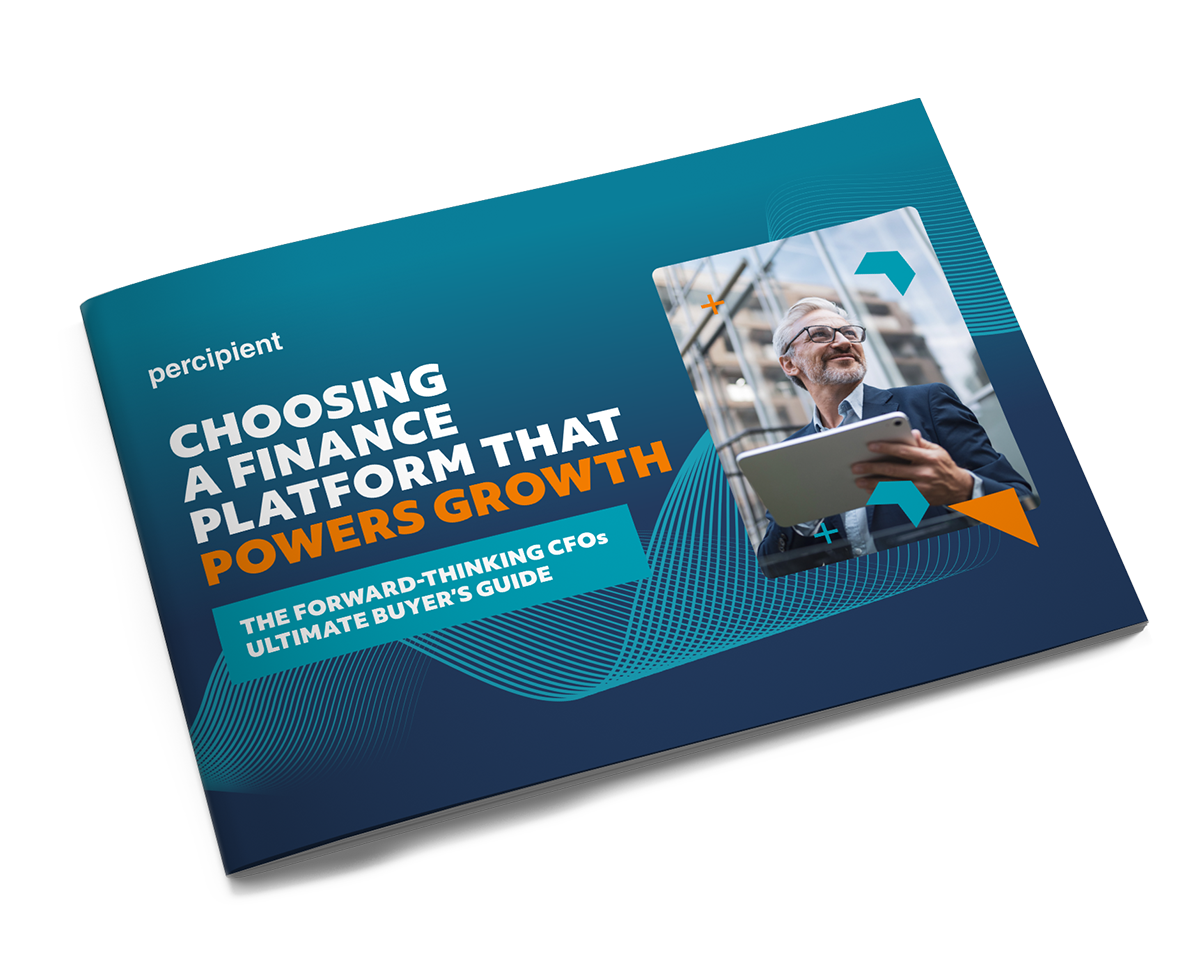What’s shaping the future of finance?
With every advance in technology billed as ‘the next big thing’, how can the finance function lead the charge when it comes to Industry 5.0. Mobile internet, AI, VR and AR, cloud technology, IoT, advanced robotics, 3D printing, genomics and blockchain. Just some of the ground-breaking technologies that are shaping the business landscape, rearranging value pools in the process.
But, with so many of these technologies dependent on data and with the finance function so often regarded as the gatekeepers of business data, what does this restructuring of the business landscape mean for finance?
In particular, how will the finance function need to evolve to mirror ever-increasing technological advances and what will this mean for talent attraction and retention in the sector?
Ultimately, Industry 5.0 aims to exploit the full potential of technology while recognising what a vital, creative contribution that people can make.
The Advent of Industry 5.0
It might not seem like too long ago that Industry 4.0 was the hot discussion topic, with the pressure on to rapidly adopt intelligent applications, with these very applications interacting via machine-to-machine communication to maximise automation and optimise efficiency.
Fast-forward to today and we’re now seeing the arrival of Industry 5.0, a concept which adds the personal, human touch to automation and efficiency, the core tenets of Industry 4.0. This means people working alongside robots and smart machines, still with digital transformation aims at heart but with technology supporting not replacing people.
Ultimately, Industry 5.0 aims to exploit the full potential of technology while recognising what a vital creative contribution people can make, all to achieve the right balance between efficiency and productivity.
What Does This Mean for Finance?
To coincide with the introduction of Industry 5.0, according to some, we’re on the cusp of the golden age of technology. Nowhere is this more true than with finance. The future of finance is less about the number crunching and data entry, and more about becoming the department of strategic visionary thinking that drives the business forward. And, when it comes to Industry 5.0, where the right combination of people and technology is crucial, finance can lead the charge.
The finance department is the traditional guardian of business data. As data, and the application of this data, become more of a business differentiator and facilitator of change and innovation, it makes sense that the finance team will lead the business in embracing the principles of Industry 5.0 and embedding them at the heart of the business.
While not every emerging technology will alter the financial landscape, some are already challenging the status quo, changing traditional ways of working and shifting priorities accordingly.
New Technologies
Let’s take a look at how some of these new technologies and new ways of working are already impacting the finance function.
AI
Artificial Intelligence (AI) is going nowhere fast and is quickly becoming standard practice and a standard process in more and more solutions on the market. AI functionality paves the way for more automation, which, like blockchain, can serve to streamline the finance function. But this gives the finance team more time to focus on the insights that can derived from data, often using AI capabilities to exploit data to its full potential, refocusing finance efforts to become gatekeepers of insight rather than just data.
Blockchain
The foundation of immutable ledgers, Blockchain has benefits for the finance function. It will undoubtedly result in a leaner finance operation but, at the same time, the need for support in areas such as planning, budgeting and forecasting, as well as dedicated tax-specific expertise will still be required and possibly grow in importance. In essence, Blockchain will change the very nature of the finance team and switch where the team’s focus will lie.
AR & VR
Augmented Reality (AR) and Virtual Reality (VR) can also make a difference to the finance function. As the volumes of data we’re all dealing with are increasing on an almost daily basis, it becomes even more important that the tools are available not only to analyse this data but to make it more accessible. As businesses become ever more complex and the data ever- more impenetrable, we’re seeing more finance teams using AR and VR capabilities to make it easier and faster to visualise important information. In this data-heavy age, spreadsheets are no longer fit for purpose, with AR and VR technologies delivering accessible insight directly to those who need it.
IOT
The Internet of Things (IoT) serves to do the legwork of data collection and amalgamation, using a variety of smart machines and sensors to deliver real-time information directly to those who need it most. Yet again this takes the onus off the finance team to collate the necessary information, enabling them to dedicate more time to deriving as much value as possible from the data available, with the application of analytics turning this comprehensive, real-time data into actionable insight.
Cloud Finance
Businesses in this day and age simply can’t afford unforeseen system outages and downtime. The reliable and consistent
nature of solutions deployed in the cloud has meant that more businesses are heading to the cloud with their IT investments.
Instant access to real-time information for the finance team, facilitated by 24/7, up-to-date cloud solutions, means that for the finance team, periodic reporting no longer drives decisions. Traditional cycles are less relevant than ever before, with the ability to produce actuals and forecasts on demand underpinning rapid, robust and effective decision-making at any point in time.
Of course, there may still be demands for reporting in line with ‘traditional’ timescales, but the ability to instantly access comprehensive business insight is a real game changer for the finance team, putting them firmly in the driving seat when it comes to furnishing decision-makers with the facts needed to drive a truly agile and responsive business.
Talent Acquisition & Retention
What does all this mean for attracting and keeping the right finance professionals?
Ultimately, organisations should be setting out their aspirations for their finance function and hiring accordingly. Colleagues who are new to the business should be bringing relevant skills that chime with this new-look finance function.
The finance team of today must be focused on deriving the maximum value from the data available, furnishing the business with a wealth of strategic, visionary thinking that’s grounded in accurate, timely and comprehensive business insight. Having the right technology in place is key for attracting and retaining the right talent, but this needs to be accompanied by a strategy of continuous improvement too, with organisations investing in training to ensure skills keep pace with technological developments.
As such, talent development and strategic recruitment need to lie at the heart of any efforts to achieve a future-proof finance team. Building a skilled, digital-savvy and strategic finance function should form a central part of any business growth plan.
Finance at the Forefront of Change
As per the overarching ethos of Industry 5.0, it’s the combination of technology and people that will optimise business performance, with the right balance between enabling technologies and highly-skilled colleagues crucial if the finance team is to fulfil its potential as the trailblazers of Industry 5.0.
Technological developments show no sign of slowing any time soon and business leaders need to act sooner rather than later to build a valuable finance team, one that can steer the future direction of the business through strategic, visionary thinking at every step of the way.

Cloud Accounting Specialists
We help businesses like yours to get the most out of their back-office solutions. Using the latest cloud technology, our finance solutions enable you to seamlessly integrate with your existing systems to give you one complete view of your operations.
Get in touch to find out how our cloud-based finance solutions can help your business, or register your interest for one of our coffee break demos.




